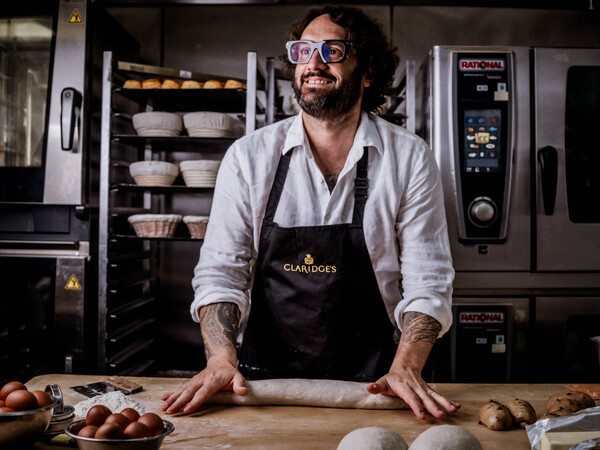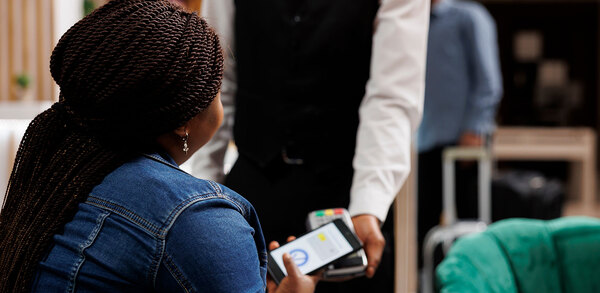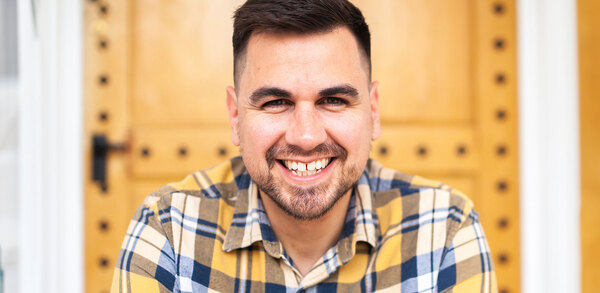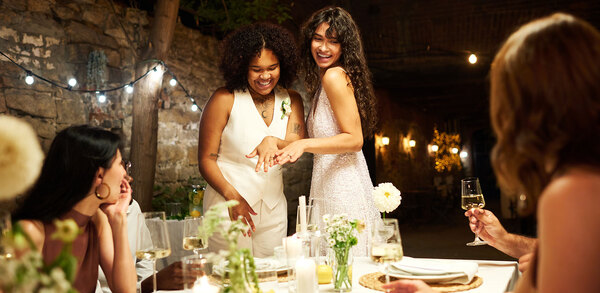Viewpoint: Size matters when it comes to everything running smoothly
Hospitality companies could learn from anthropologists that tribes thrive when they are a certain size and follow rules, says Peter Hancock
It takes a considerable leap of imagination to understand what life must have been like for our hunter-gatherer ancestors tens of thousands of years ago. Today's world would be utterly incomprehensible to them and yet we share the genes that have allowed our species to evolve into the busy, ambitious fools we've become.
A critical element in our survival over that long period was the existence of successful tribes which, according to the renowned anthropologist Robin Dunbar, work best when their members number somewhere between 100 and 150. This fascinates me because so many of the organisations I know of follow the same pattern. It is true of Pride of Britain, whose member hoteliers and sponsors collectively fit the mould.
It's also true of the Master Innholders, although their audience temporarily swells every January at the excellent General Managers' Conference.
Medium-sized hotels will often have a workforce of between 100 and 150 people who, if well managed, can benefit from our evolutionary predisposition to being part of a community of about that size. I wonder how many of those hotel companies that have failed over recent decades did so, in part, because they never reached the perfect size, or because they grew too far above it.
Obviously, there are plenty of huge organisations that function very well, though in every case they are divided into sub-groups, either by location or function, where the same ‘rules' apply. According to Dunbar, the ideal number of people in a closely engaged group, such as a design team or a board of directors, is seven. Could that be the magic number of people running specific departments, too?
I make no pretence at being a gifted manager myself, but as an observer, I do witness some amazingly cohesive teams at work under the guidance of great managers, in some ways resembling a large family or, perhaps more accurately, a tribe.
Please forgive me for stretching the analogy further here. Many of the events we are lucky enough to attend, such as last week's Hotel Cateys and other grand awards ceremonies, involve the observation of a black-tie dress code. Sure, it adds to the glamour of the occasion and helps to make it feel special. But I believe it also reinforces this idea of our shared membership of a tribe, even to the point of wearing identical clothes.
Peter Hancock is chief executive of Pride of Britain Hotels



















